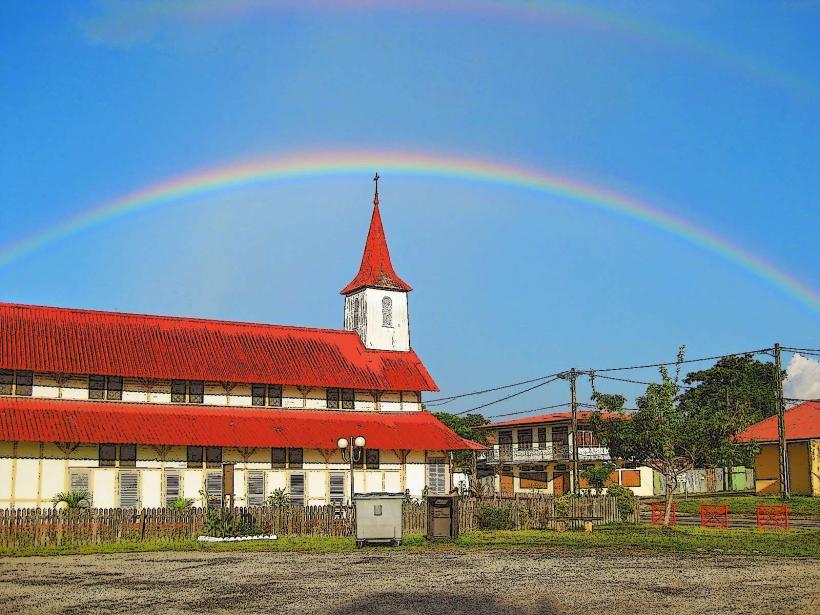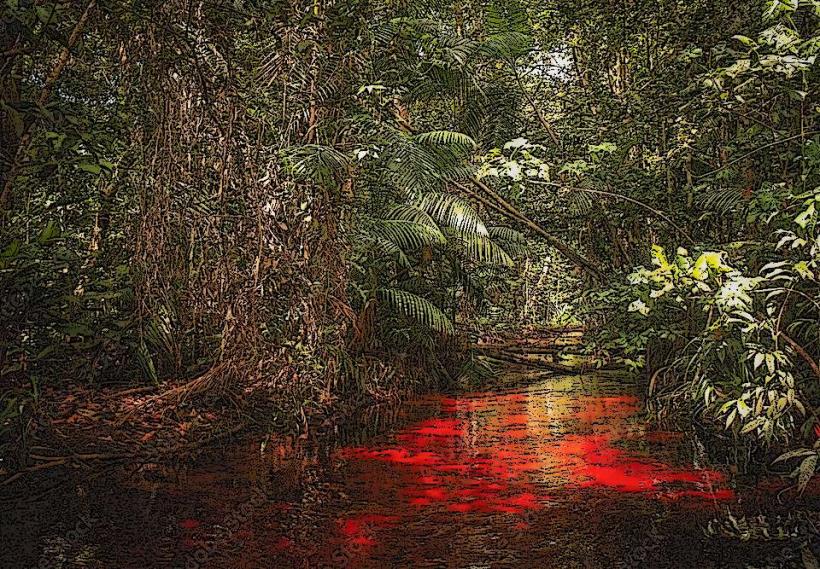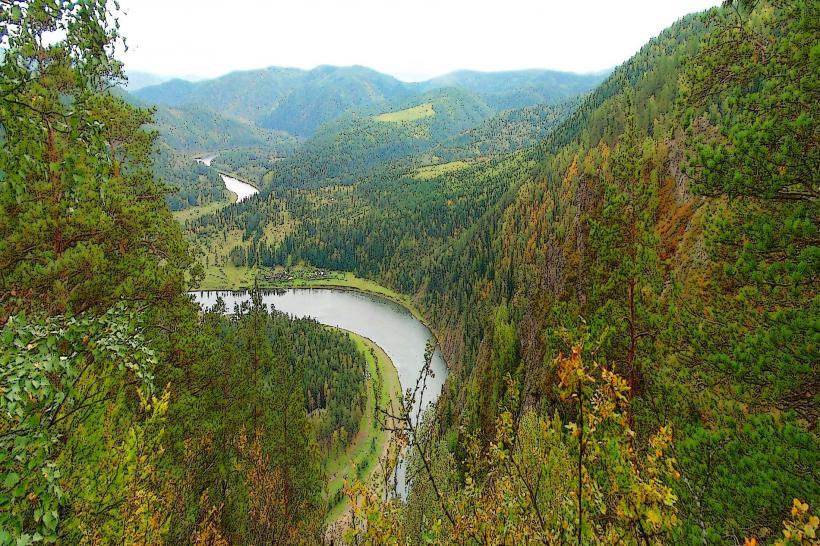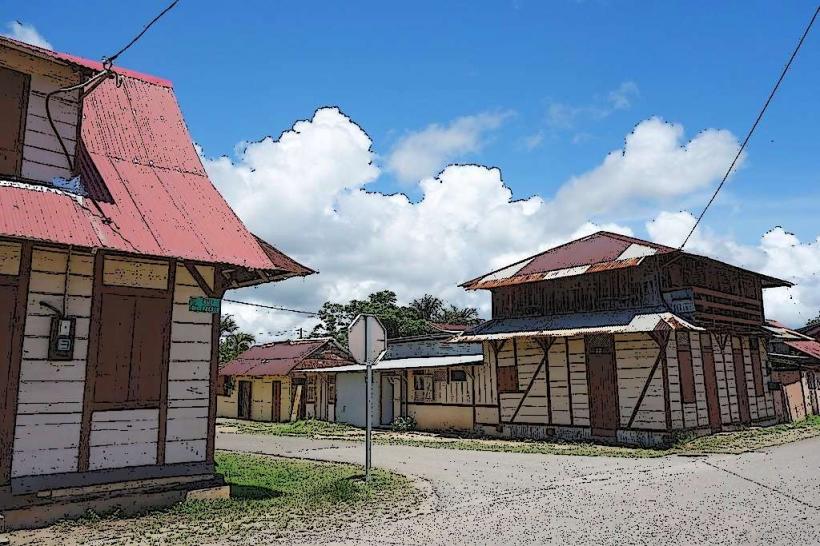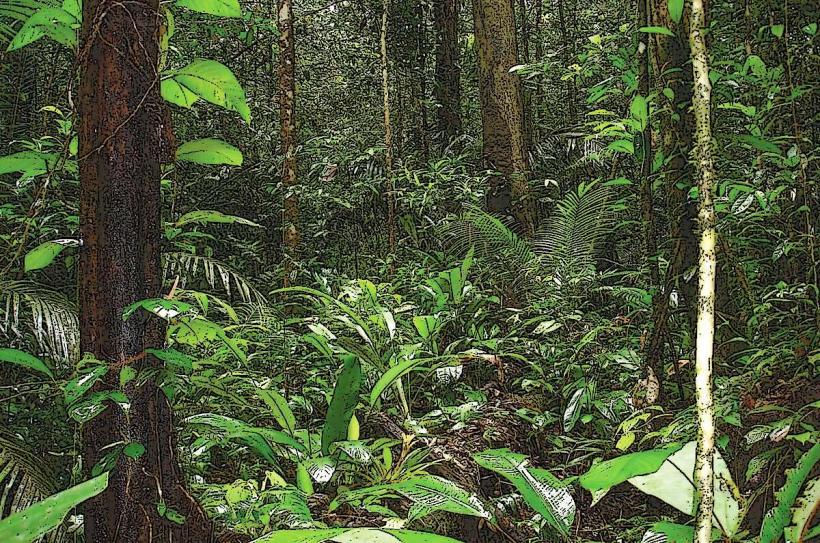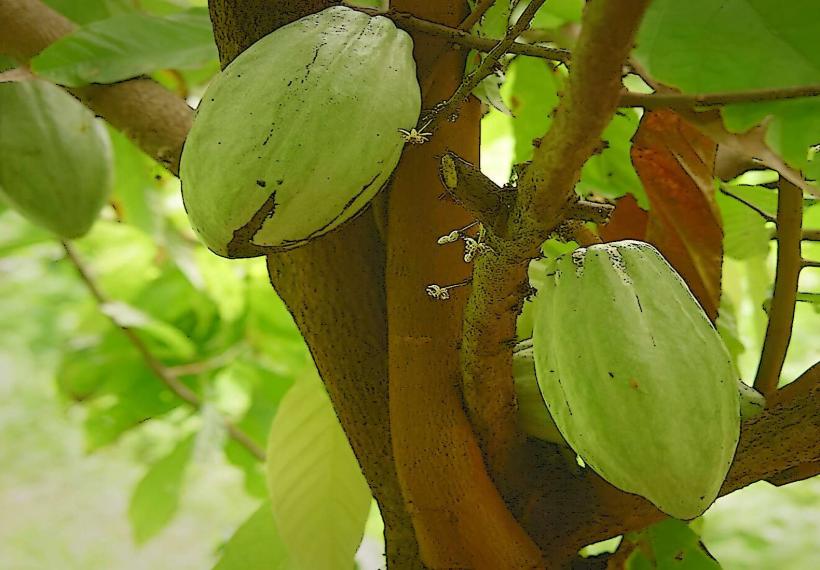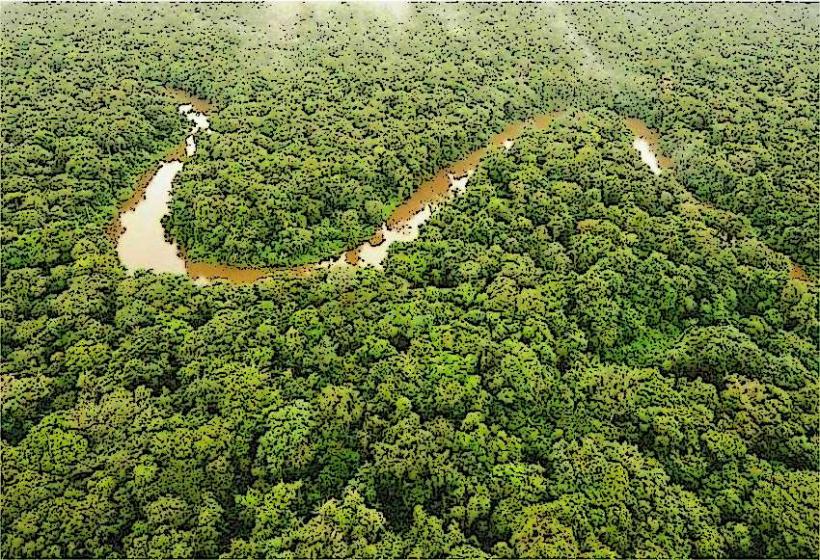Information
Landmark: Iracoubo RiverCity: Iracoubo
Country: French Guiana
Continent: South America
Iracoubo River, Iracoubo, French Guiana, South America
The Iracoubo River is located in the French Guiana region of South America, a French overseas department. It is one of the many rivers that flow through the lush, tropical landscapes of this region, which is characterized by rainforests and wetlands. Here's a detailed look at the Iracoubo River:
Geographic Location and Course
The Iracoubo River flows primarily in the western part of French Guiana, originating from the central rainforests. It is a relatively short river, running for about 80 km (50 miles) before emptying into the Atlantic Ocean. The river is part of the broader Guiana Coastal Plain, an area known for its low-lying topography and high water table, which contributes to the formation of various wetlands and marshes around the river.
Importance
The river plays a crucial role in the local ecosystem and the lives of people living in the region. It is used for transportation, though due to its relatively short length and proximity to other rivers, it may not be as commercially significant as some larger rivers in the region.
Ecosystem
The Iracoubo River flows through dense tropical rainforests that are home to a rich biodiversity of flora and fauna, including species of fish, amphibians, and birds. The surrounding wetlands and floodplain ecosystems provide important habitats for a variety of species, and the river itself supports the local agricultural activities, particularly through water supply for nearby plantations.
The region's biodiversity is also heavily influenced by the seasonal flooding patterns, which are typical of rivers in the Amazon basin and other tropical areas.
Human Settlements and Culture
While the river is not a major urban center, there are several small villages and communities along its course. The primary occupation of people living along the river includes fishing, small-scale agriculture, and local trade. The area is sparsely populated compared to more urbanized areas of French Guiana.
The river's influence on the culture and livelihoods of these communities is significant, especially in terms of providing access to natural resources such as fish and fertile land for farming.
Environmental Challenges
Like many rivers in the Amazon basin and its surrounding areas, the Iracoubo River faces environmental pressures. Deforestation, agricultural expansion, and illegal mining activities upstream can lead to water pollution and habitat destruction. Additionally, changes in the flow of the river due to human activities may affect the delicate balance of the surrounding ecosystems.
Access and Tourism
The Iracoubo River and its surrounding environment offer opportunities for eco-tourism, with travelers visiting the area to experience the region’s natural beauty, wildlife, and cultural heritage. Due to the region’s remoteness, access to the river and its surroundings is generally limited, and most visitors to French Guiana tend to stay in larger towns or along the coastal regions, such as the capital, Cayenne.
While the river is not as well-known internationally, it contributes to the overall ecological and cultural landscape of French Guiana and its unique place within the tropical river systems of South America.

